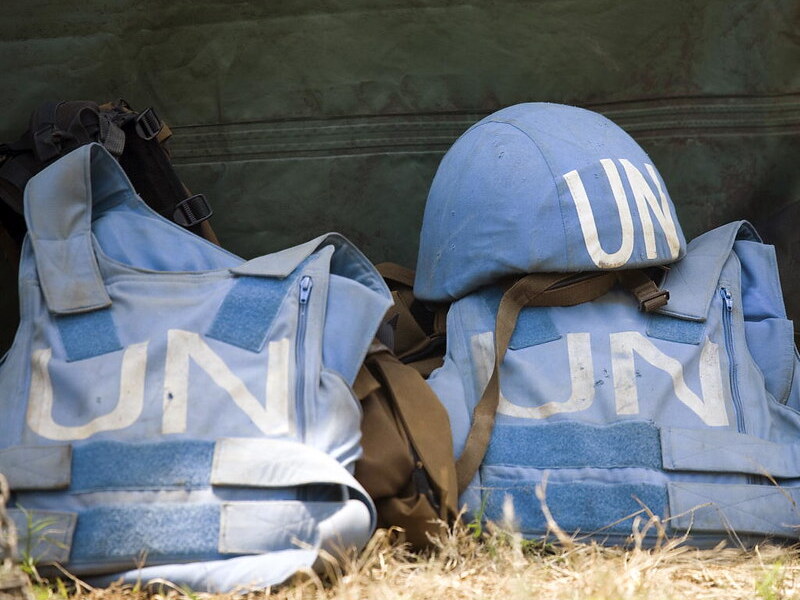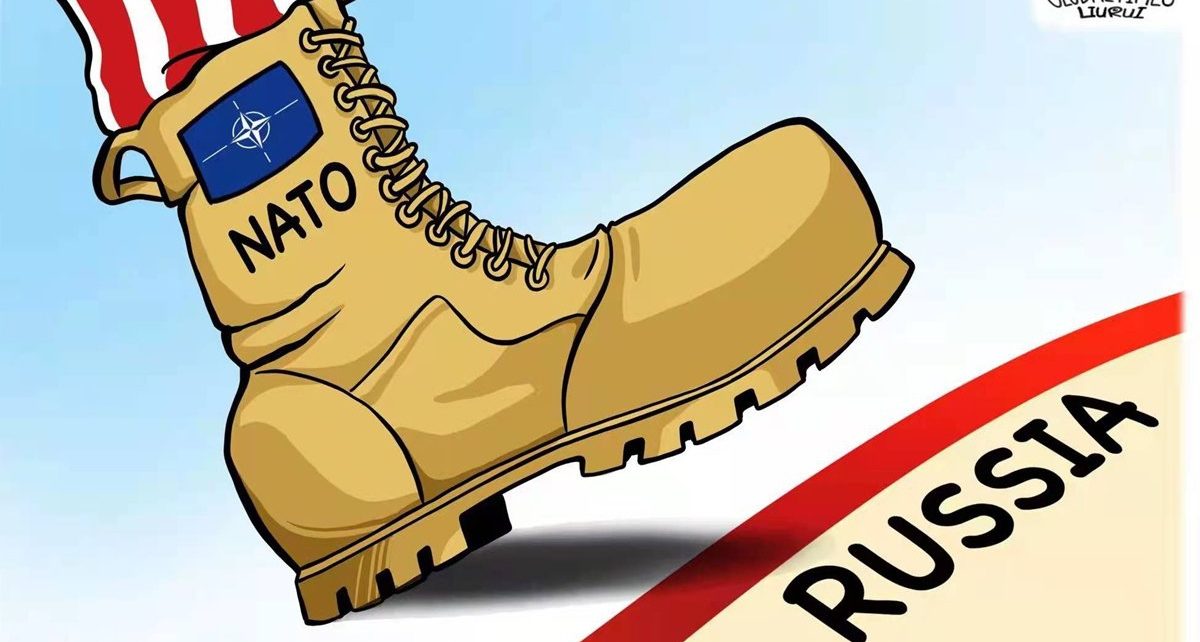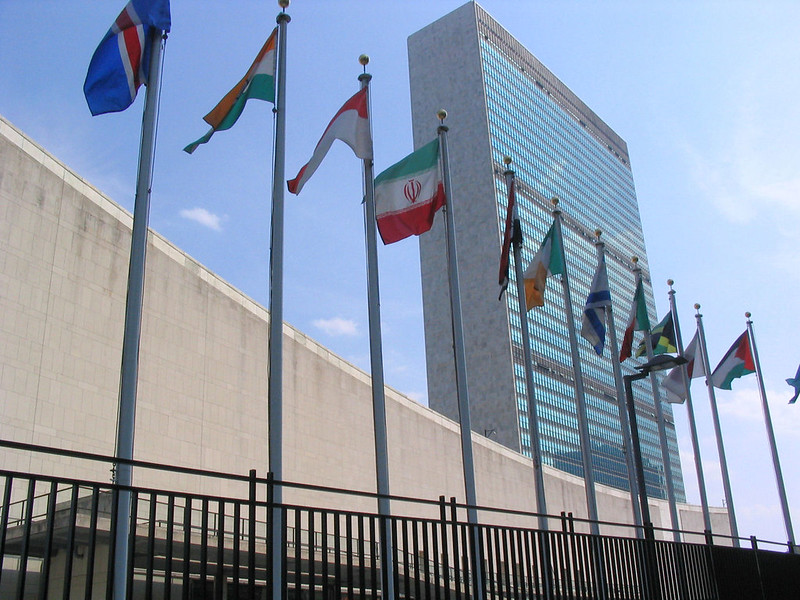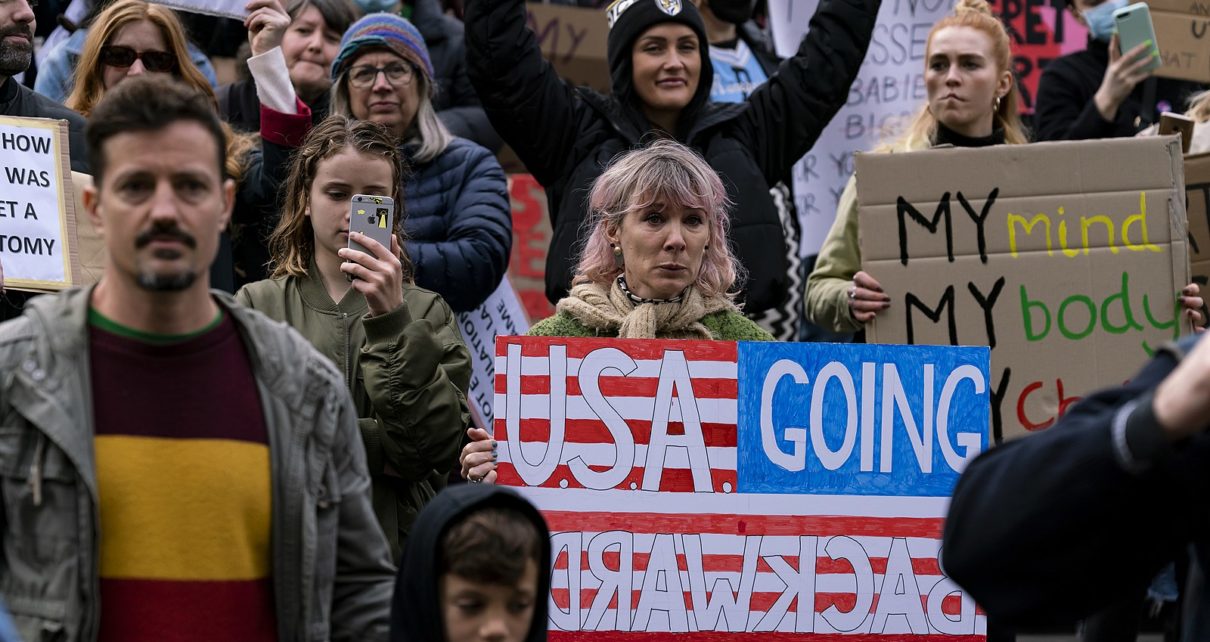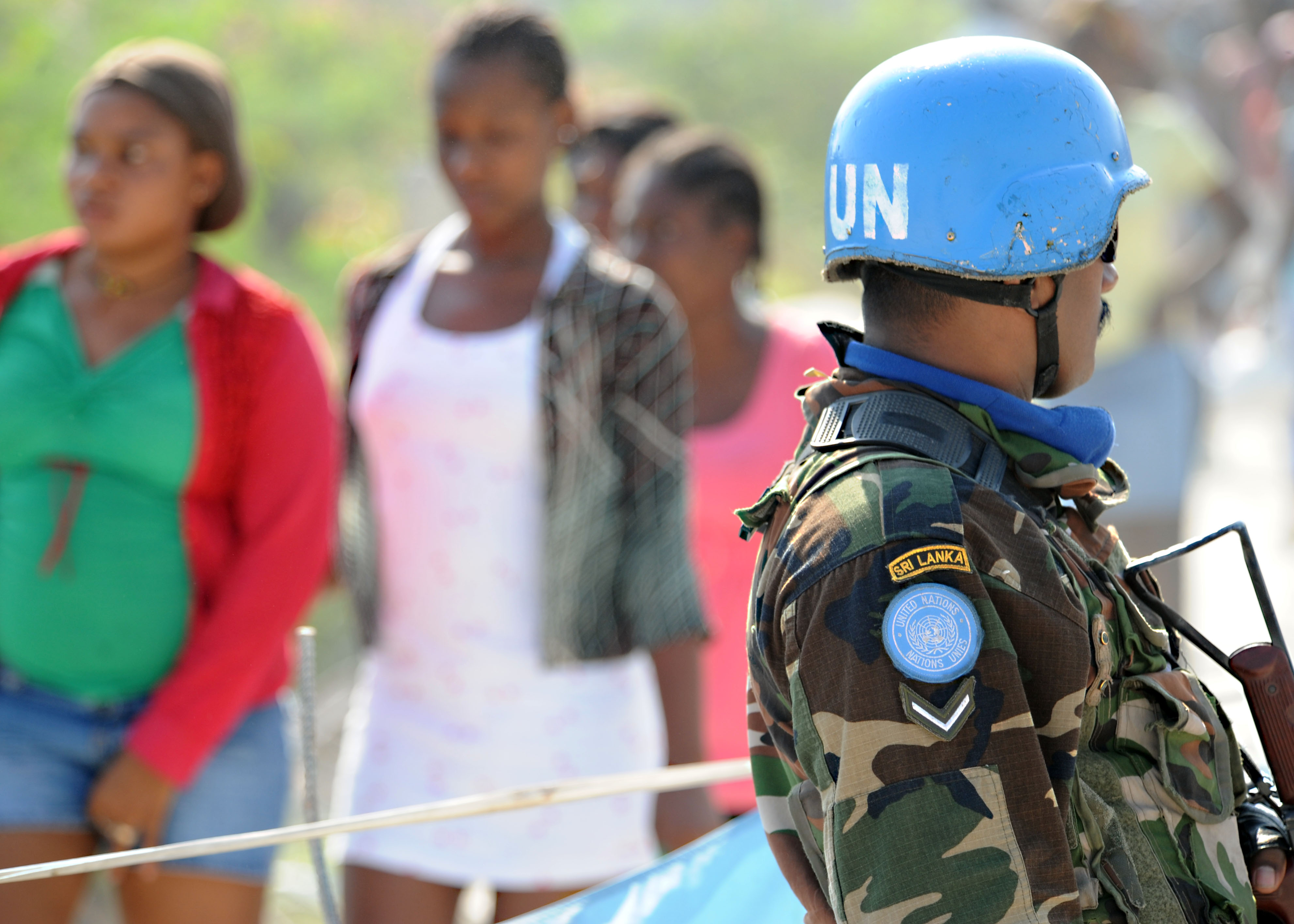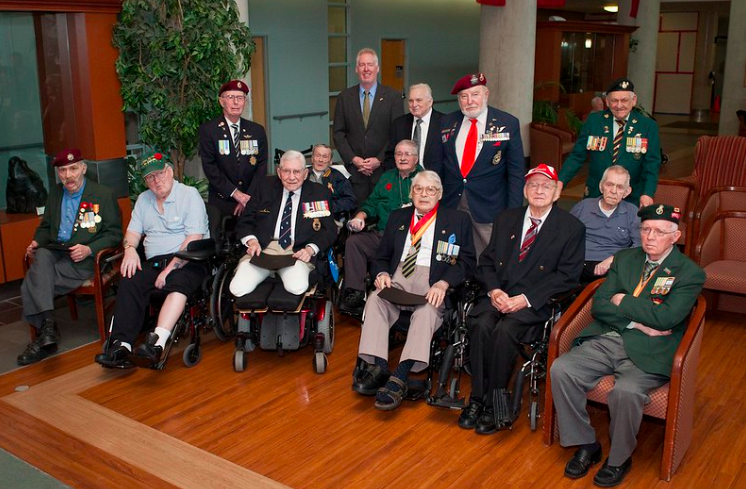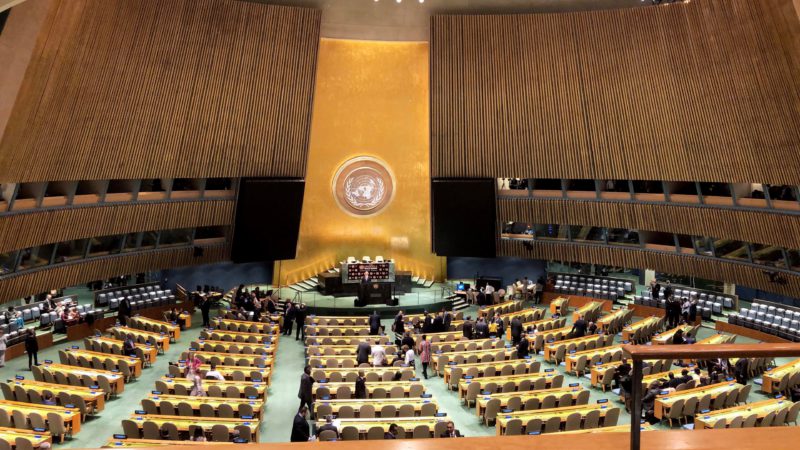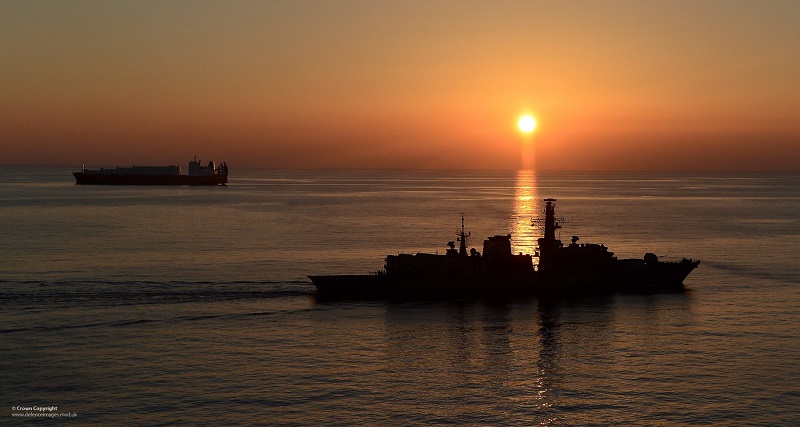For many Canadians, peace and humanitarian operations evoke familiar images: soldiers protecting civilians in conflict zones, medics tending to refugees, and pilots delivering aid under fire. These stories, often marked by courage, restraint, and a quiet sense of duty, have become part of how Canadians understand themselves and their country’s place in the world. They Read More…
Tag: UN
To What Extent Is the NATO-Russia Founding Act Being Violated?
The NATO-Russia Founding Act, signed in 1997, established a framework for NATO-Russia cooperation and outlined mutual respect and cooperation principles. This commitment includes recognising the sovereignty, independence, and territorial integrity of all states in the Euro-Atlantic region (including Ukraine) and refraining from using or threatening to use force against any state actor. In particular, Section Read More…
The Age of Crises? A Primer for the Mid-Twenty-First Century
The British historian Eric Hobsbawm once argued that the nineteenth century had three fundamental periods of change: the “Age of Revolution,” “Age of Capital,” and the “Age of Empire,” which subsequently formed the titles for his magisterial history of that century. His further look at the twentieth century was neatly summarized as the “Age of Read More…
The International Implications of Roe v. Wade’s Overturn
The international community has responded to the US Supreme Courts’ overturn of Roe v. Wade. In this article, Jordan McEwen highlights international concerns, specifically for human rights and democracy.
U.N. ban on Sri Lanka’s peacekeepers led by alleged war criminal is the tip of the iceberg
The U.N. peacekeeping department last week banned the deployment of non-essential Sri Lankan army troops in U.N. peacekeeping missions, citing the country’s appointment of an alleged war criminal to a top military post. The appointment of Sri Lanka’s new army chief, Lt. General Shavendra Silva, was criticized by the U.N., the United States, and the Read More…
The Fall of Canadian Peacekeeping: Should It Be Revived?
In April 1993, there were 3336 Canadian peacekeepers deployed on UN missions. As of July 31st 2019, there are only 150. What has led to this extreme decline of Canadian peacekeepers? Should the practice of Canadian peacekeeping be revived or completely abolished? In this special report, I look at the history and present situation of Read More…
The Rohingya Refugee Crisis: How Much More Can Bangladesh Take?
The feeling of not belonging can be one of the most dreadful and trying feelings in the world. For the Rohingya people, this feeling has become a constant, stagnate feeling for the past four years. The Rohingya are an ethnic minority group in Myanmar, although the Rohingya Muslims “are the largest percentage of Muslims in Read More…
Canada in the Korean War: A Day of Remembrance
The first proxy war of the Cold War broke out roughly 69 years ago today, on June 25th, 1950, with the invasion of North Korea onto South Korea across the 38th parallel. It was not until the election of Prime Minister Louis St. Laurent in 1948 that Canada changed its character towards Korea and the Read More…
United Nations General Assembly 2018 – The Total Elimination of Nuclear Weapons: A Huge Disappointment
Nasser Haidar, a Research Analyst for the NATO Association of Canada, had the privilege to attend the 2018 United Nations General Assembly and in particular, the High-Level Meeting on the International Day for the Total Elimination of Nuclear Weapons. He gives us his take on the developments of that day and what it could mean for one of the world’s most persistent and continuously relevant security threats.
Why We Have to Intervene After Chemical Attacks
The world may never agree on chemical weapons attacks. Buzz Lanthier-Rogers explains why that cannot, and does not, stop us from acting.

